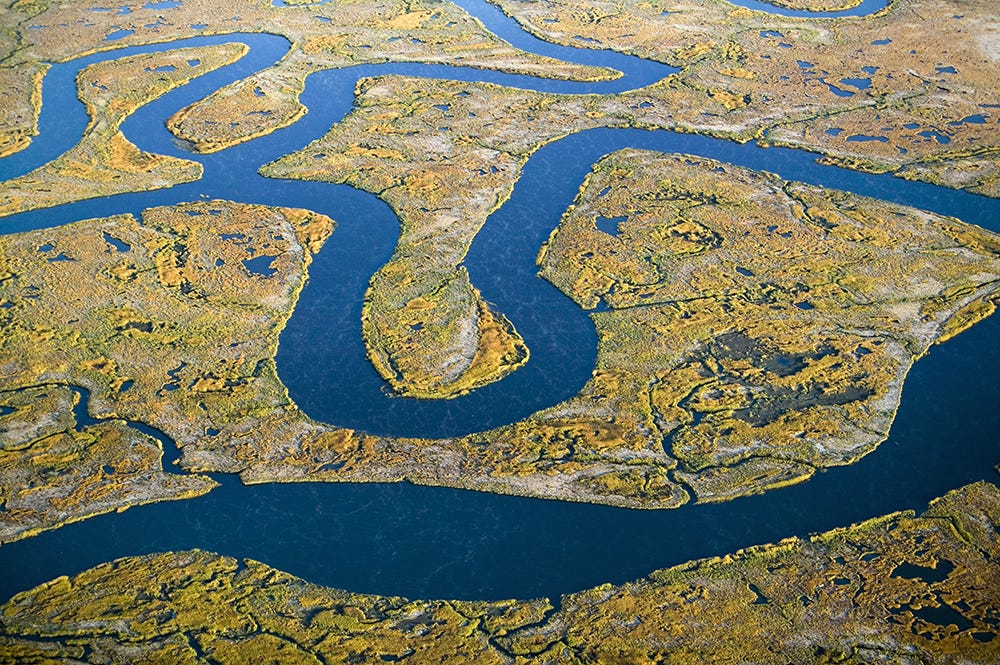Online Ecology Conferences
SQL for Data Science with R
Much of the world's data resides in databases. SQL (or Structured Query Language) is a powerful language which is used for communicating with and extracting data from databases.
The purpose of this course is to introduce relational database concepts and help you learn and apply foundational knowledge of the SQL and R languages. The emphasis in this course is on hands-on and practical learning . As such, you will work with real databases, real data science tools, and real-world datasets. You will create a database instance in the cloud. Through a series of hands-on labs you will practice building and running SQL queries.
Global Biodiversity Festival
Date: May 22nd - 23rd
Conference Theme
The Global Biodiversity Festival is a virtual weekend for the general public, with a simple goal of shining a spotlight on biodiversity loss. This is a truly global event that will bounce us around the globe as we celebrate the weird and the wonderful, highlight the challenges life faces and some good news conservation stories. From the 20th – 23rd of May, we'll share the diverse stories and challenges of scientists, explorers, conservationists, filmmakers and policy makers on the frontlines of the race to save the incredible variety of life on our planet...and ourselves.
We launched the Global Biodiversity Festival in May 2020 with 68 speakers from around the world, published an incredible book and raised money for several conservation organizations. This year, we're pushing the boundaries of what a virtual festival can be and creating a truly global event! We'll be broadcasting live for 72 hours straight, with 150+ speakers spanning the globe and exploring biodiversity from every angle.
Communications for Conservation Projects
Within conservation, there is a growing realization that we need to do much more to share our messages and encourage more support and action. As a result, conservation employers are rapidly looking for people with communications skills.
“If you want to get hired, and succeed as a professional conservationist you need Communications skills”.
After going through the course you’ll be able to plan and deliver effective communications activities, during your career as a wildlife conservationist. Making you more employable, competitive, and better at your job.
During the course you’ll learn, how to:
Produce a communications plan for conservation projects.
Write engaging content about conservation projects.
Get press and media coverage for conservation projects.
Build and engage audiences on social media for conservation projects.
Create content to support conservation campaigns.
Measure the success of your communications activities.
As a special offer, we’re offering you a discounted access to Cohort Two, which expires on Sunday at 11:59 PM (UK time).
Head over to this link to check out the entire package, and enroll before Sunday.
British Ecological Society Macro 2021
Date: July 5th - 7th
Registration Deadline: June 14th
Conference Theme
BES Macro 2021 is the annual meeting of the BES macroecology and macroevolution SIG. Each year we aim to highlight all kinds of macro-scale research, across diverse taxa, timescales, and career stages.
Australian Marine Science Association 2021 Conference: 'Marine Science in the Anthropocene'
Date: June 27th - July 2nd
Conference Theme
We welcome you to the AMSA 2021 Conference: 'Marine Science in the Anthropocene'. Humans have substantially impacted the earth in the relatively short period of time that we have inhabited it. The impact is so profound that it is now geologically preservable. In a major conference for earth systems in 2000, Nobel Laureate Paul Crutzen announced that because of our impact we are no-longer living in the Holocene but have entered a new epoch, now coined the Anthropocene.
2020 has historically been considered a year of forecasting for many international agencies interested in anthropogenic impacts on marine systems. A year of assessing how far we have come and how far we need to go.
In 2021, AMSA welcome you to our first virtual Conference that challenges concepts and works towards solutions in a wide range of disciplines associated with the Anthropocene epoch. Symposia and speakers come from a diverse range of disciplines and backgrounds including research, industry, management and policy. This Conference is about blazing a path forward in the governance of today’s marine systems and identifying ways of maximising a sustainable and biodiverse future.





